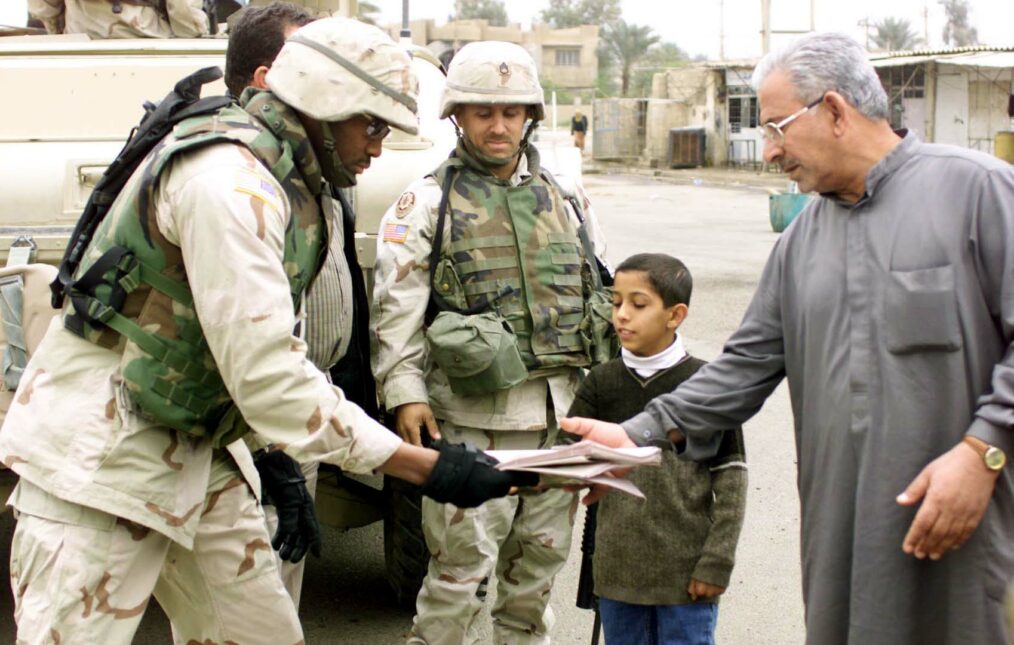The traumatic impacts of terrorist attacks reverberate far beyond physical injuries and loss of life. Victims must often cope with the loss of family and friends, damage to the wider community and social structures, as well as the potential personal and wider economic consequences. In the search for security and stability, exposed individuals often demand a radicalization of their society’s values and a rapid expansion of the state security apparatus. Against the backdrop of Terror Management Theory and the concept of Psychological Resilience, this article aims to open a new perspective on responses to terrorism based on local identities.
Terror Management Theory
Terror Management Theory was designed around the research of Ernest Becker, it refers to how people cope with fears and anxiety facing the idea of their mortality when there is an event that removes their psychological protective structures. According to this theory, individuals psychologically cope with terrorism by stressing their society’s world views and security structures. This gives them a sense of meaning, justice, and orderly life. In political terms, they typically demand a strengthening of their country’s economic, military, or judicial power.
In Western Democracies, responses to terrorism are primarily organized in the form of nation-states. Nations and their normative and organizational structures are survival vehicles because they make people stick together in an uncertain and dangerous world. However, at the same time, seeking shelter in one’s own national identity and beefing up security structures can lead to fewer concerns about privacy rights and racial or religious prejudices, as many examples from the recent past have shown.
Different peoples respond differently to trauma, some will be more tolerant and less alarmist than others. Societies that embrace dynamic multiculturalism can reduce the risk of aggressive measures against certain racial and religious groups in the aftermath of terrorist attacks. However, effective multiculturalism only really occurs as a consequence of personal contact with out-group members, on a local scale.
Building Psychological Resilience by Fostering Local Identities
Psychological resilience, in general, has to do with a population’s “ability to find a new balance in life after a dramatic incident has occurred.” There are three separate levels that can be distinguished. The first, individual-level resilience is developed by one’s own personality and individuals’ surroundings. This takes the form of personal determination, self-confidence, friends, neighbors, and family.
After that, the community level is seen. This involves the emotional ties to a geographical place that the victim can call “home.” This may be a sense of communal belonging. Finally, the third level has to do with the characteristics of the attack. The scale, violence, and aftermath. Naturally, those closer to, or deeply affected by the terrorist event will have endured more trauma to their own resilience.
Hence, the national response to terrorism will be directly affected by how society responses at a communal level. State responses to terrorism is a dimension we mostly associate with terrorism in political terms because the nation-state appears to be the only organization that can effectively guarantee physical security. However, this view underestimates the psychological help local networks and identities can give. As research has shown, strong social networks on the level of neighborhoods, districts, or local clubs and organizations do not only have a positive effect on education and wealth, but also on physical and social security, happiness, and identity, and bringing together diverse groups strengthens social tolerance.
Applying for state support at this local level could present a way to give individuals affected by terrorism psychological coping mechanisms beyond that of the nation-state and its structures. This would allow for a more balanced and measured response to terrorist attacks. Further research that explicitly links the rich literature on local communities and identities to terrorism could advance this approach further and contribute to preventing excesses in response to terrorism.





